(CLO) A Chinese startup has begun internal testing of a virtual hospital platform powered by artificial intelligence (AI), as the country expands the application of AI technology in the medical field.
The virtual hospital platform Agent Hospital was developed by Tairex, a company founded in September under Tsinghua University's AIR, according to an announcement by the AI Industry Research Institute (AIR) last month. Tairex has deployed 42 AI doctors, in charge of 21 departments, including emergency, respiratory, pediatrics, and cardiology.
According to the institute, Agent Hospital will be publicly tested from the first quarter of 2025, with the goal of putting the system into public use in the first half of 2026.
Based in Wuxi, Jiangsu Province, Tairex has created more than 500,000 “AI patients” representing different regions, ages and medical conditions for its virtual hospital platform. The company is now encouraging the public to access the platform and inviting medical professionals to participate in testing the system as patients.
Tairex’s platform is a prime example of how China is applying AI to healthcare and other areas, narrowing the technology gap with the U.S. The country is leveraging its vast market, rich data resources, and growing industrial base to develop cutting-edge technology.
China's AI industry is expected to pour more than 10 trillion yuan ($1.4 trillion) into developing the technology over the next six years, according to Chen Liang, chairman of China International Capital Corporation (CICC).

The large language model used to generate virtual patients and medical experts for Agent Hospital is the same as the original model OpenAI used to train and build ChatGPT. Image: Shutterstock
Agent Hospital: AI Hospital Simulation Platform
Tsinghua University's AIR first introduced the idea of an AI-based virtual hospital in May this year through a paper titled Agent Hospital: A Simulacrum of Hospital with Evolvable Medical Agents. The platform simulates almost the entire treatment process, from registration, consultation, examination to diagnosis and treatment procedures.
The Agent Hospital platform features patient and healthcare professional agents built using large language models (LLM), the technology that powers AI services like ChatGPT. These agents go through medical procedures like examinations, consultations, and diagnosis. The goal is to train AI doctor agents to perform a range of tasks like diagnosis and treatment recommendations.
According to the AIR paper, these representations were created using GPT-3.5, the large language model that OpenAI used to develop ChatGPT. What makes Agent Hospital unique is that the system allows AI doctors to “self-evolve” through simulated interactions with patients.
According to the study, AI doctors on the platform achieved 88%, 95.6%, and 77.6% accuracy in the areas of examination, diagnosis, and treatment, respectively. Each AI doctor can handle tens of thousands of cases in just a few days, a feat that would take a real doctor years to accomplish.
The Rapid Development of AI in China's Healthcare Industry
Meanwhile, Shanghai East Hospital, an affiliate of Tongji University, launched an LLM model called MedGo last month, based on Alibaba's Qwen2-72B model.
MedGo is trained on over 6,000 medical textbooks and a medical dataset of over 14 billion LLM tokens. MedGo is currently being used at this hospital to assist doctors in diagnosing and treating patients.
In Hong Kong, an AI research center under the Chinese Academy of Sciences also launched a medical AI model called Cares Copilot this year, which is widely used in many hospitals, including Prince of Wales Hospital and Sun Yat-sen University Hospital in Guangzhou.
These advances show that China is vigorously applying AI technology to healthcare, not only to improve the efficiency of diagnosis and treatment, but also to open up the possibility of improving the global healthcare system in the future.
Hoai Phuong (according to SCMP)
Source: https://www.congluan.vn/cong-ty-khoi-nghiep-trung-quoc-thu-nghiem-benh-vien-ao-ai-post324109.html





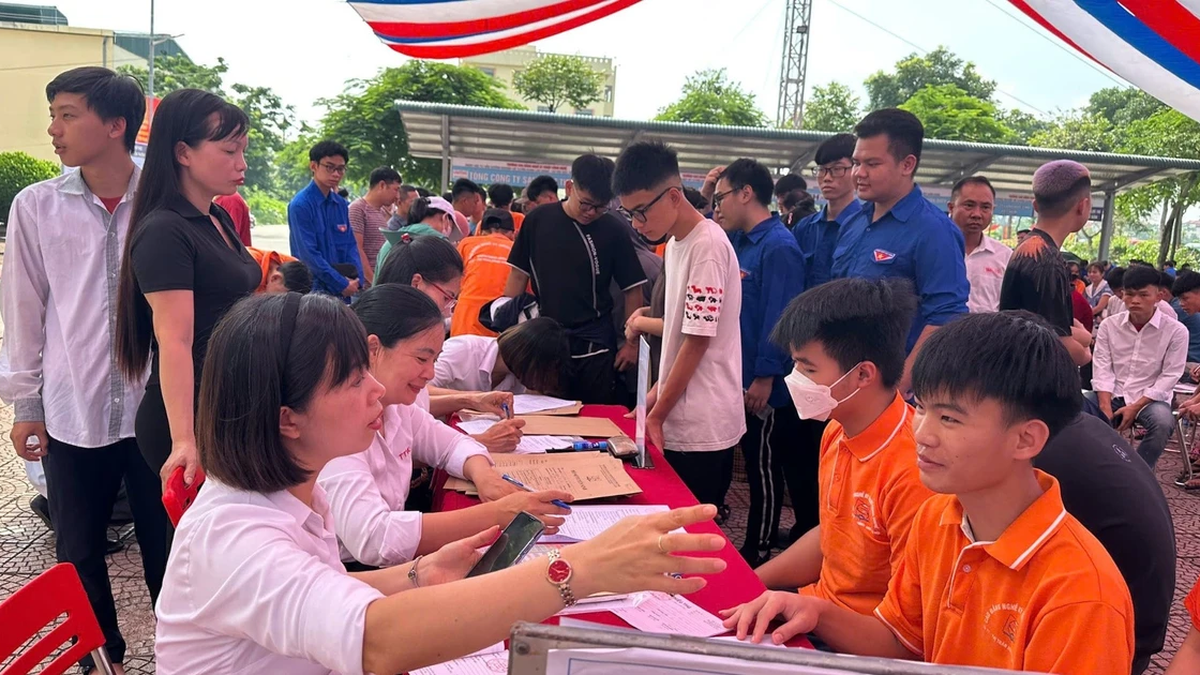


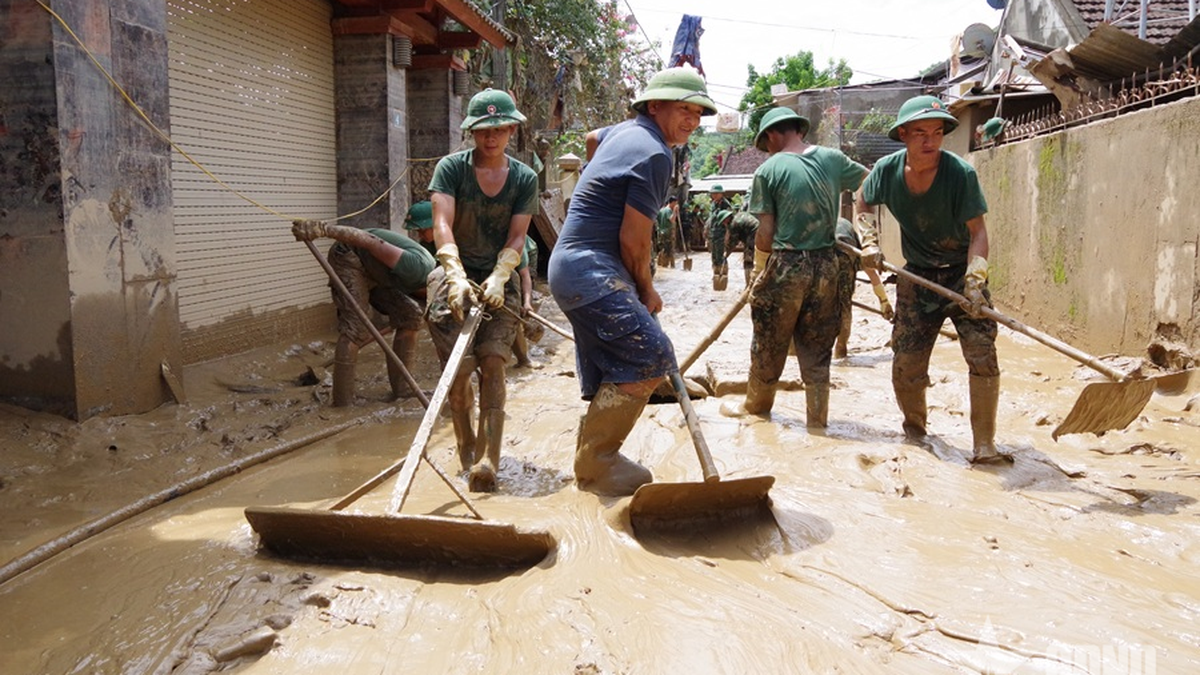

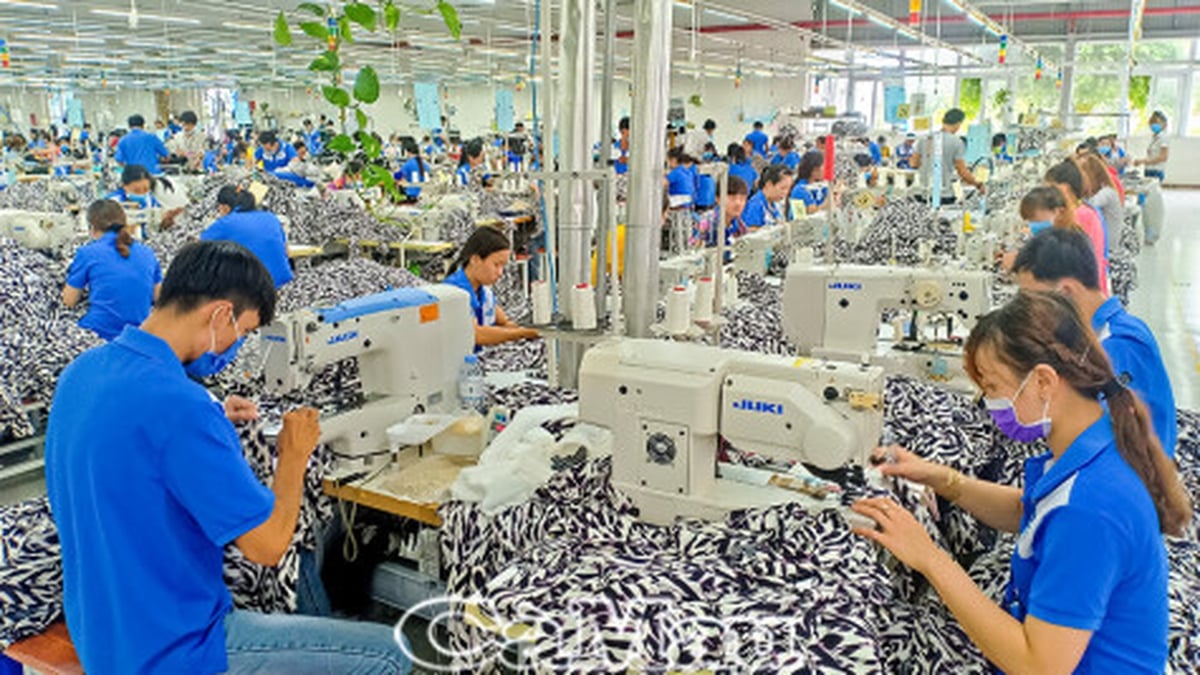
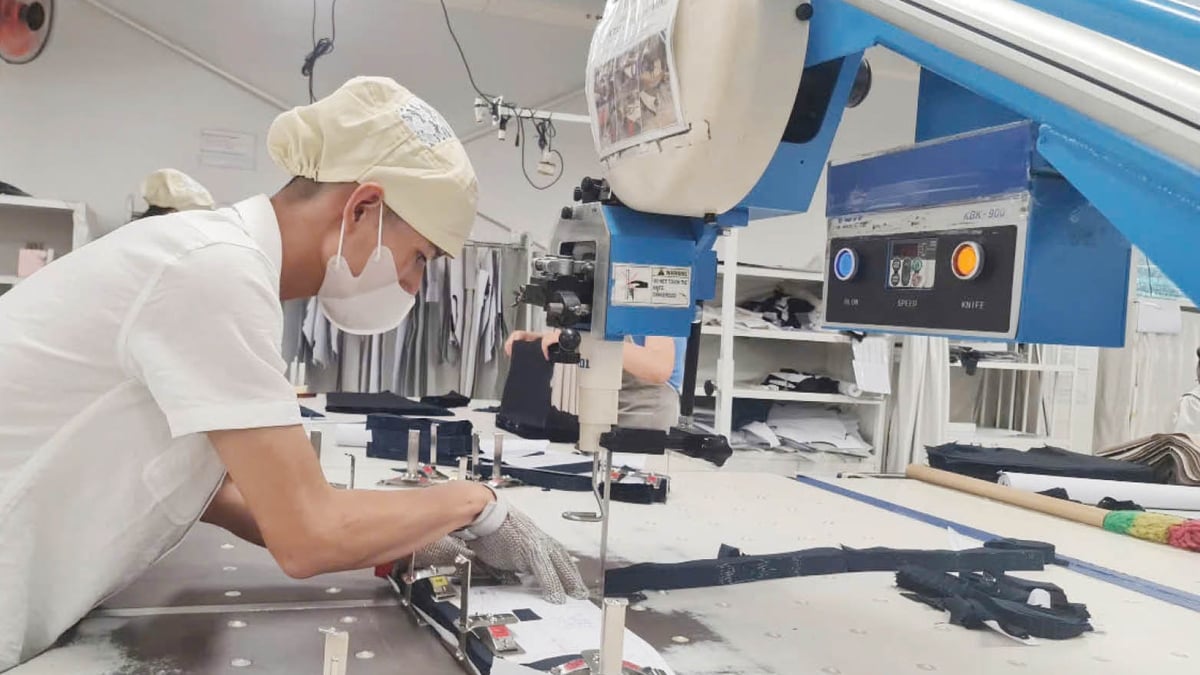































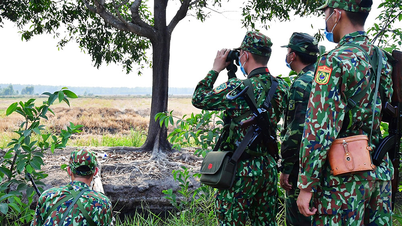












![[Maritime News] Container shipping faces overcapacity that will last until 2028](https://vphoto.vietnam.vn/thumb/402x226/vietnam/resource/IMAGE/2025/7/30/6d35cbc6b0f643fd97f8aa2e9bc87aea)











































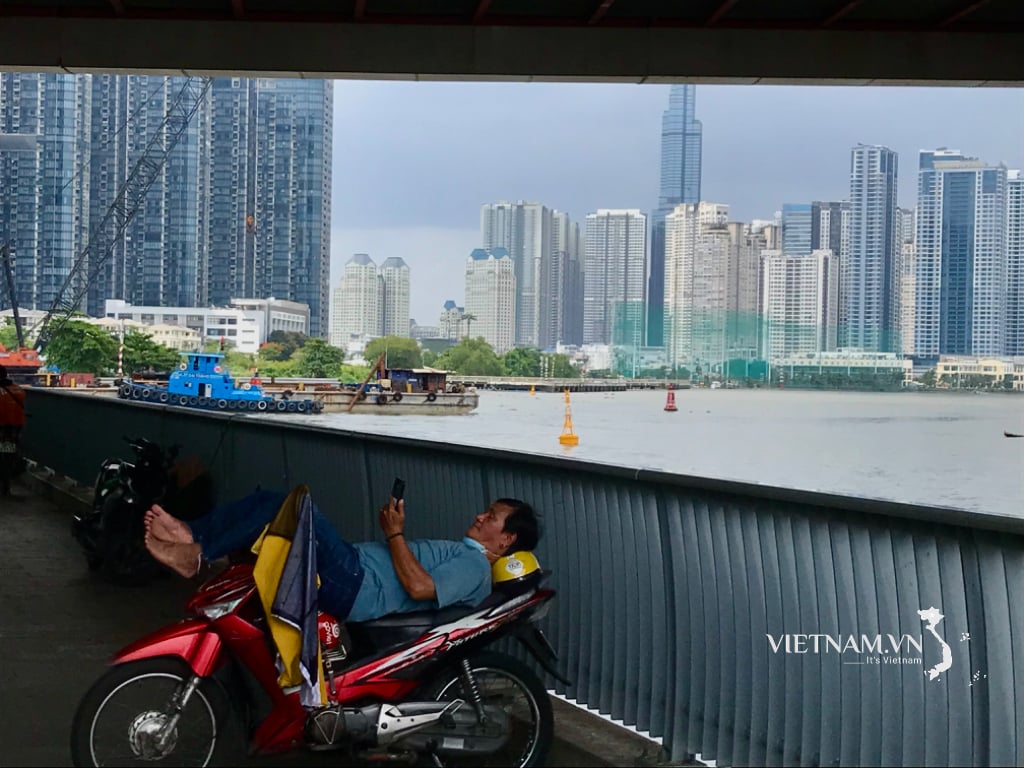

Comment (0)